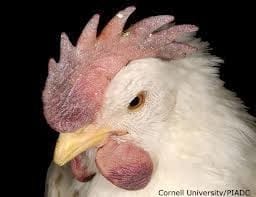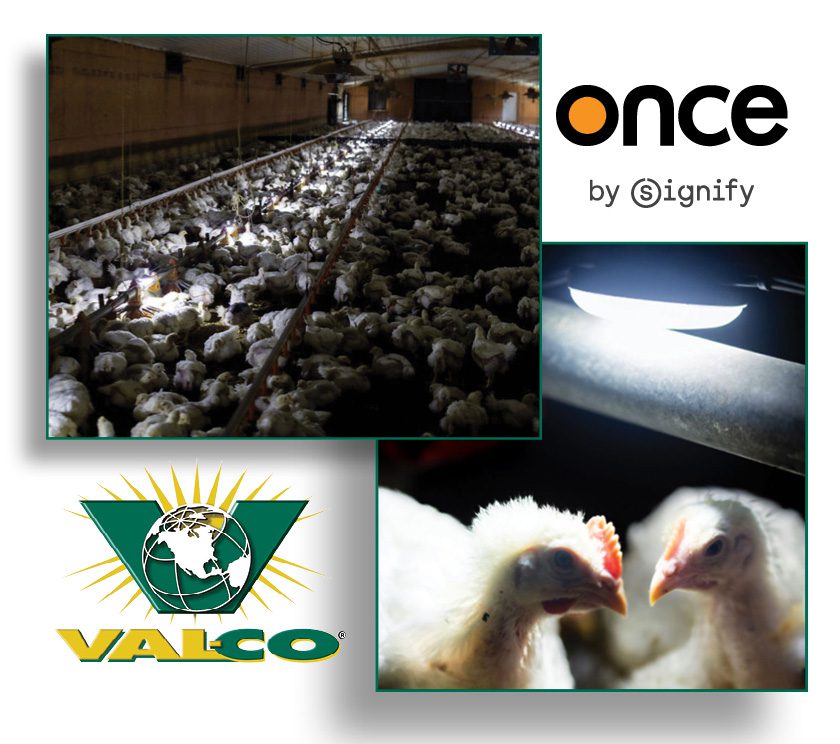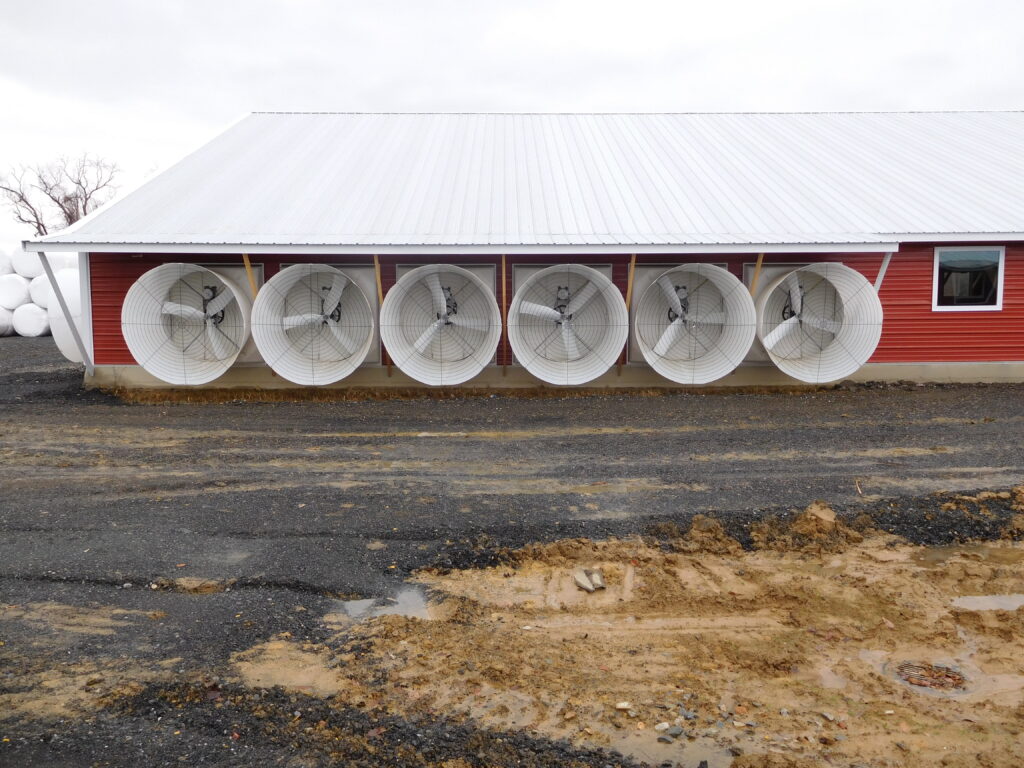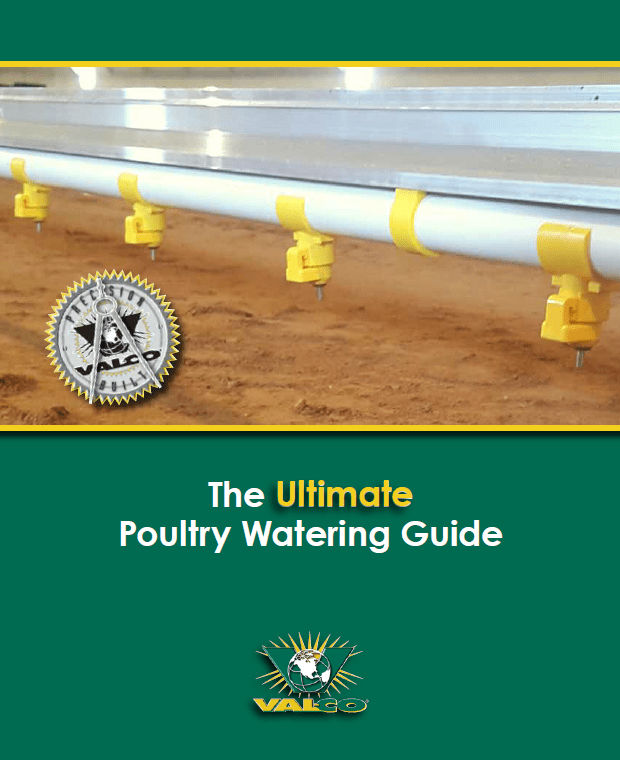 Antibiotic-free farming is on the rise, and so are the incidences of potentially devastating diseases. Because treatment is not always an option, prevention is key, and it starts with strong biosecurity practices.
Antibiotic-free farming is on the rise, and so are the incidences of potentially devastating diseases. Because treatment is not always an option, prevention is key, and it starts with strong biosecurity practices.
Here are some points to keep in mind when designed biosecurity protocols:
Keep your distance – Restrict access to property and livestock to prevent unauthorized entry. Post signs, maintain fencing, keep a visitor’s log and only allow approved visitors entry when their presence is absolutely necessary. Have an area for visitors to change into clean clothes and footwear, disposable or farm-maintained. Discourage handling of animals by all visitors. Require and teach biosecurity to family, employees, and all visitors coming into, or involved with livestock or production areas.
Keep it clean – Owners, staff, family, and visitors should follow biosecurity practices for cleanliness. Wear clean clothes, scrub boots and shoes thoroughly with disinfectant, and wash hands. Keep equipment and vehicles clean and insist that all machinery and vehicles must be cleaned before entering your property. Maintain programs to control birds and rodents that can carry and spread diseases.
Don’t haul disease home – If you, your family, or employees have been on other farms, at feed lots, petting zoos, auctions, or other places where there is livestock and poultry, clean and disinfect your vehicle tires and equipment before going home. If you have shown livestock or birds at a fair or exhibition, or are bringing in new animals, keep them separated from the rest of your flock for 30 days after the event. Always change clothes and wash your hands before returning to your animals.
Don’t borrow disease from your neighbor – Do not share equipment, tools, or other supplies with your neighbors or other livestock or poultry owners. If you do share these items, clean and disinfect them before they reach your property.
Good farm and flock management is of utmost importance, so always be on the lookout for unusual behavior, symptoms of illness, or sudden death. Always report sick animals to your veterinarian, local extension office, or State or Federal animal health officials.




